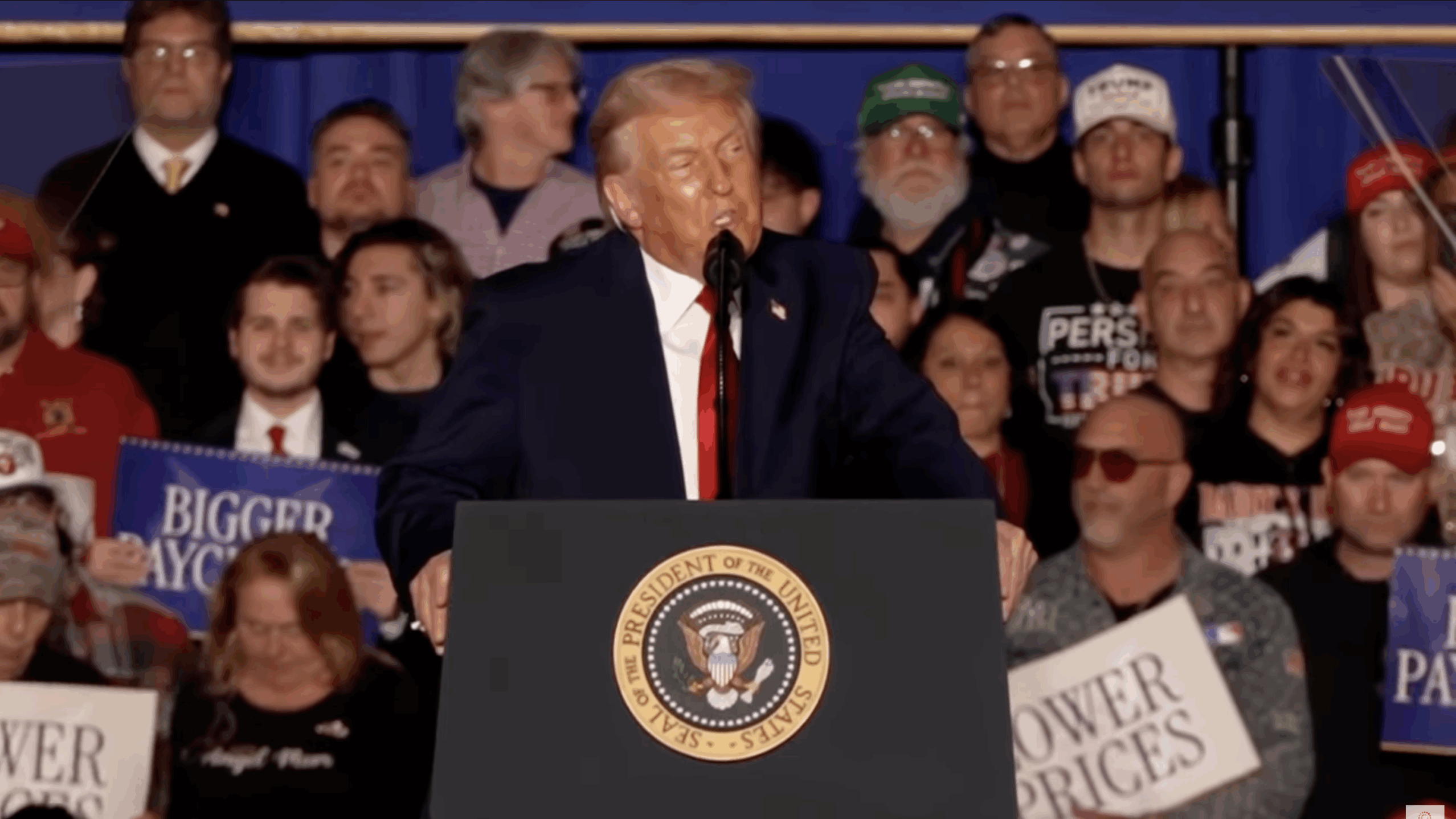Kagan says Supreme Court needs ‘mechanism’ to enforce ethics – Washington Examiner
At a judicial conference in Sacramento, California, Supreme Court Justice Elena Kagan advocated for the creation of a mechanism to enforce an ethics code for justices. Kagan mentioned discussions with Chief Justice John Roberts about establishing a panel of respected judges to oversee this enforcement, addressing concerns raised by lawmakers and advocacy groups about potential ethical conflicts involving justices, particularly Clarence Thomas and Samuel Alito. Although the Supreme Court follows the same ethics guidelines as lower federal judges, there has been increasing pressure from Democrats for a more enforceable system, including support for the proposed Judicial Ethics Enforcement Act. Despite Kagan’s push for an enforcement mechanism, not all justices agree; Alito argued that Congress cannot regulate the Supreme Court due to constitutional limitations. Kagan noted that rules generally include enforcement measures, highlighting a significant gap in the current ethics code. Discussions about these reforms are ongoing amidst broader conversations about accountability in the judiciary.
Kagan says Supreme Court needs ‘mechanism’ to enforce ethics
Supreme Court Justice Elena Kagan supports creating a novel “mechanism” that would provide the means for an enforceable ethics code for the nine justices, she said at a judicial conference on Thursday.
Speaking at the conference in Sacramento, California, the appointee of former President Barack Obama said she had spoken to Chief Justice John Roberts about the prospects of forming a panel of judges to help enforce the ethics code they adopted in November, according to Bloomberg.
Kagan described the hypothetical enforcement arm as “some sort of committee of highly respected judges with a great deal of experience and a reputation for fairness.”
Although Kagan acknowledged the difficulties in deciding who should be in charge of enforcing ethics on the highest court in the land, she said she felt “we could and should try to figure out some mechanism for doing this” in response to a moderator’s question at the U.S. Court of Appeals for the 9th Circuit’s annual conference.
The recent adoption of an ethics code was a multifaceted decision, one that had been considered by the high court justices for years. It also came at a time when Democrats and nonprofit investigative outlets were raising concerns over purported ethics conflicts by Republican-appointed Justices Clarence Thomas and Samuel Alito. There has been no proof that any gifts or lavish travel opportunities the justices received from third parties in years past have influenced the justices’ decisions from the bench.
Despite the Supreme Court following the same ethics guidelines that are enforceable on lower court federal judges, Democratic lawmakers and progressive organizations have aggressively called for a means to enforce the code the justices recently adopted. In April, Reps. Ilhan Omar (D-MN) and Jamie Raskin (D-MD) were among a group of Democrats to throw support behind a proposed Judicial Ethics Enforcement Act, which would create an Office of the Inspector General within the federal judiciary and allow it to “conduct investigations of alleged violations of the Code of Conduct for Justices of the Supreme Court of the United States.”
But not every justice thinks an enforceable ethics code would be wise. Last July, Alito said in an interview with the Wall Street Journal that Congress lacks the ability to create legislation on this matter, arguing no “provision in the Constitution gives them the authority to regulate the Supreme Court — period.”
During her discussion at the conference this week, Kagan said one thing that can be criticized about the current code is its lack of enforceable measures.
“Rules usually have enforcement mechanisms attached to them, and this set of rules does not,” Kagan said at the meeting of federal judges and lawyers.
It’s not immediately clear how far the talks between Kagan and Roberts about an enforceable ethics code have gone. Her comments also came after recent reports indicating that President Joe Biden is considering a proposal for judiciary reforms, although White House press secretary Karine Jean-Pierre said she did not have any “policy announcements to make” this week.
Kagan’s remarks followed a tumultuous high court term in which the justices ruled in major cases, such as one that dealt a blow to the administrative state by overturning the Chevron doctrine, which for decades told courts to defer to agencies when a regulatory statute was otherwise ambiguously written by Congress.
Kagan also hit out on a recent pattern of justices writing separate opinions below majority decisions, such as in a recent case known as United States v. Rahimi, a ruling that upheld a federal gun statute barring domestic violence offenders under a civil restraining order from possessing a gun.
“Everybody sort of tries to spin it one way or another,” Kagan said. “Often people use separate opinions to pre-decide issues that aren’t properly before the court, and that may come before the court in a year or two and try to give signals as to how lower courts should decide that, which I don’t think is right.”
" Conservative News Daily does not always share or support the views and opinions expressed here; they are just those of the writer."




